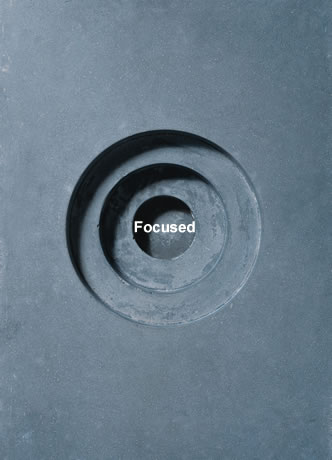
Keller has developed ground engineering techniques that are now widely accepted in the construction industry. It designs and builds most of its specialist equipment for the Group’s exclusive use and commercial advantage.
Niche provider, with few international competitors
Operating in a specialist niche of the construction market, Keller has only a small number of international competitors from whom Keller is differentiated by its highly decentralised business model, its broad range of techniques and its truly global profile. Keller has no UK quoted peer.
Industry-leading margins and return on capital
Keller’s reputation for reliability, together with its efficient productivity, contracts profile and cost-effective structure, earn the Group premium margins. Over the past seven years, it has consistently delivered operating margins of 5.7% to 6.7% and return on capital employed of around 20%.
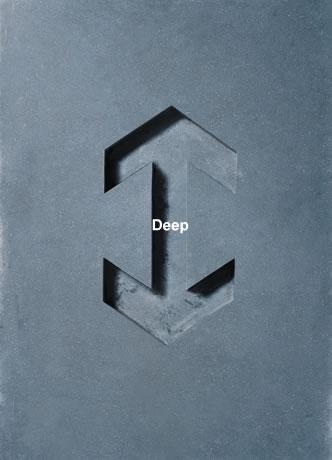
10% of Keller employees are qualified engineers. Keller attracts quality people who are motivated by the culture of empowerment, excellent job support, good reward and recognition and opportunities for career growth. The average length of service, including field personnel, is eight years.
Decentralised management structure allows decisions to be taken locally and improves responsiveness
Individual businesses enjoy a high degree of autonomy, allowing them to respond quickly to their customers’ needs and changes in their marketplace. A clear control framework ensures that risks are managed at the most appropriate level in the organisation.
Acknowledged industry experts in ground behaviour
Keller’s engineers and project managers worldwide share knowledge and reinforce relationships with industry peers through the presentation of technical papers, the organisation of presentations and seminars and the provision of on-line support tools.
Able to match the process to the engineering task in hand Keller understands the need for proactive communication with its clients, with whom it collaborates to find the best and most cost-effective solution from an informed engineering and construction viewpoint.
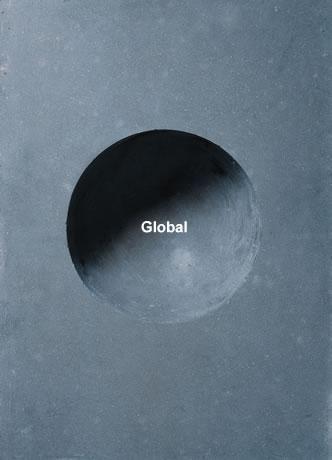
Keller is the number one player in North America, trading under four well-known local brand names; it has leading positions in established European markets; it is the number one player in Australia; and is growing in Asia and emerging European markets.
Operating on five continents
In 2003 around 48% of Keller Group sales were earned in North America. A further 44% of sales came from 15 countries in Europe, with 8% of sales generated in 13 countries in the Middle East, Asia and Australasia.
Global spread diversifies economic and political risk
Changes in Keller’s geographic profile over time illustrate the Group’s success in moving into new and growing geographic markets. The Group’s unique global spread protects against national and even continental economic and political cycles.
Access to local markets through highly developed and strong regional structure
Keller’s structure of regional businesses staffed by local employees who understand the customs, regulations and culture, allows the Group to compete effectively in local markets and to access lower risk, small-to-medium sized contracts.
and presence
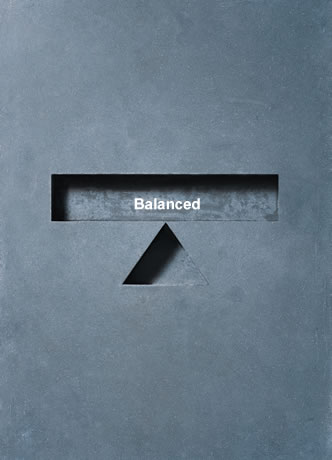
Around 30% of Keller contracts undertaken in 2003 were in the public sector, of which two thirds were new-build projects and one third was refurbishment. Of the private sector contracts, 80% were new-build.
Small-to-medium-sized contracts predominate, providing better spread of contract risk
Keller undertook over 6,900 contracts during the year, of which 80% had a value of less than £150k; 13% had a value of £150k to £600k and 6% had a value of £600k to £1m. The average contract size was around £80k.
Also able to undertake complex, multi-million pound contracts
Around 70 of Keller’s 2003 contracts had a value of over £1m. These included soil mixing to stabilise a site for fuel storage tanks in the US; grouting at a railway tunnel in Germany; and foundations for a new railway in Malaysia.
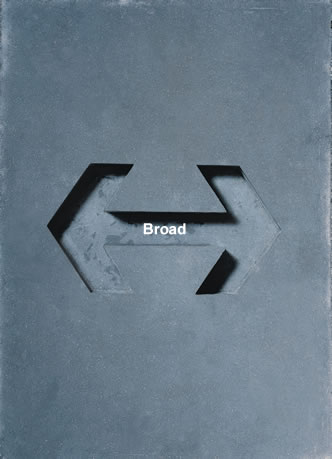
Keller offers an exceptional range of solutions for foundation support and rehabilitation, settlement control, structural support, ground improvement, soil and slope stabilisation, underpinning, excavation shoring, earth retention, seismic stabilisation or ground water control.
Able to combine processes to produce cost-effective solutions
A combination of techniques may be used on a single site, to reflect different ground conditions or to support a variety of structures. A customised package of processes can provide the most flexible and cost-effective overall site solution.
Technology transfer between Group companies and between countries
Through Keller’s Technology Committee, know-how and innovations are shared across the Group. New techniques can be introduced into geographic markets in the knowledge that support is available elsewhere in the Group from engineers experienced in those techniques.
R&D focus on technical innovation
Keller’s proactive R&D programme is focused on designing technically advanced, specialist equipment both to deliver productivity improvements and to extend the range of techniques available, which help to maintain Keller’s competitive edge.
and processes
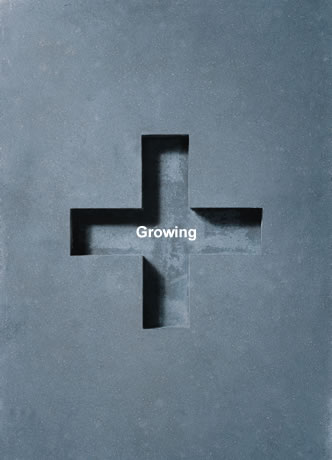
Keller has maintained a compound annual growth rate in adjusted EPS of around 10% since flotation, with an almost four-fold increase in turnover from £148m in 1993 to £567m in 2003. Operating profit over the same period has grown from £9.2m to £32.8m.
Solid organic growth with strong track record of acquisition success
Many sellers of local companies see Keller as the buyer of choice, given its record of developing acquired companies, whilst retaining their individual character. This “virtuous acquisition circle” assists integration and is one of the keys to Keller’s acquisition success.
Acquisitions bring access to new technologies or territories
Two recent acquisitions illustrate Keller’s acquisition strategy: the purchase of LCM provided access to lime column technology, which can be transferred into Keller’s markets outside Sweden, whilst the investment in Keller-Terra provided entry into the Spanish market for Keller’s ground improvement technology.
Industry fragmentation continues to offer opportunities
Despite its dominant position, Keller’s combined foundation business in the US represents only 10% of the highly fragmented US market. Opportunities for growth through further consolidation in the US are matched in many other parts of the world.